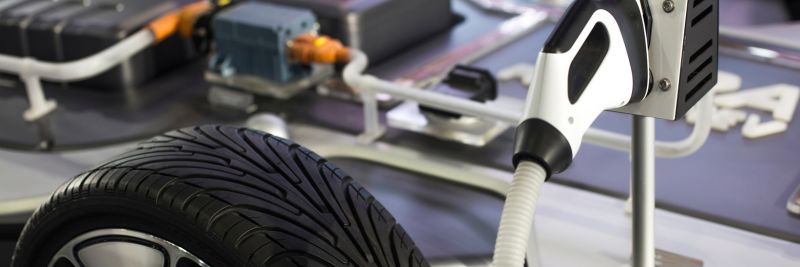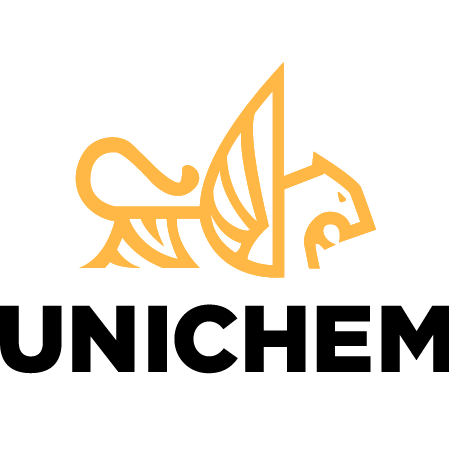
The electric vehicle market continues to develop alongside self-driving technology in order to improve automobile fuel economy and safety. As electric vehicle (EV) technology advances, the use of adhesives by automotive original equipment manufacturers (OEMs) increases relative to the production of conventional vehicles. Manufacturers of adhesives continue to develop new technologies to suit the needs of the EV market.
Adhesives Offer Numerous Benefits to Electric Vehicles
As one of the primary goals of EVs is to increase fuel efficiency, weight reduction is one of the most significant advantages of adhesives for the automotive market. Among the most widely recognized advantages of adhesives in vehicle manufacturing are:
- Weight reduction
- Thermal conductivity
- Less complicated procedure than welding
- Dependable sealing and bonding
- Environmental resistance
- Bonding dissimilar materials and Low Surface Energy (LSE) plastics
Innovative adhesive manufacturers are expanding their product lines to assist automotive OEMs in realizing these EV production benefits.
Weight Management
Adhesives have provided automotive OEMs with conventional vehicles the benefit of weight reduction for decades and are now even more important to improve fuel efficiency and increase the range of EVs. As adhesives reduce the weight of composites through bonding, they also increase battery life through thermal management and conductivity. Reducing weight and battery packs while maintaining thermal management enables lighter-weight battery packs in a wide variety of appliances, such as portable vacuums and drills, which improves ergonomics.
Joining Battery Cases
Polypropylene and Low Surface Energy (LSE) plastics are known for being notoriously difficult to bond and are frequently employed in the production of battery housings. Specialty adhesives adhere polypropylene and LSE plastics to provide the required properties and characteristics for battery housings, such as water and chemical resistance, thermal conductivity, and a permanent seal that can withstand vibration and impact.
Adhesives Resistant to Fire
Due to combustion and fires in products such as hoverboards and mobile phones, negative press has surrounded numerous varieties of lithium-ion batteries. EV battery manufacturers require adhesives that meet UL-94 flammability standards, are flexible enough to absorb vibration and impact, and offer thermal conductivity and electrical insulation.
Adhesives that Are Resistant to Temperature
Batteries require adhesives with a variety of properties, including resistance to temperature, heat, and fire. Manufacturers of electric vehicles need adhesives with temperature resistance that do not ignite or conduct heat.
As the market for electric vehicles (EVs) continues to expand, automotive manufacturers can benefit from partnering with a seasoned industrial adhesive manufacturer.
UNICHEM Provides Cutting-Edge Adhesive Technologies
Universal Chemicals & Coatings, Inc., UNICHEM, offers customized formulations of the uniBOND industrial adhesive product line to satisfy specific requirements. UNICHEM has more than fifty years of experience providing custom coatings and adhesives to numerous industries and markets. We employ high-tech resin scientists and polymer specialists and conduct continuous research and development to satisfy the unique needs of our customers and the ever-changing market demands.
uniBOND offers adhesive solutions with custom formulations for bonding polypropylene, polyethylene, vinyl, rubber, and fiber composites. UNICHEM supports the automotive market and OEMs with high-tech adhesive solutions that provide numerous benefits, such as weight reduction, thermal conductivity, fire resistance, vibration resistance, and impact resistance.
UNICHEM is a leading provider of custom coatings and adhesives with high-tech solutions to satisfy changing market demands. We adhere to stringent quality policies and conduct real-world simulations to guarantee dependable bonding and structural integrity. Contact us for more information on the efficacy of uniBOND industrial adhesives in automobile and EV manufacturing.

